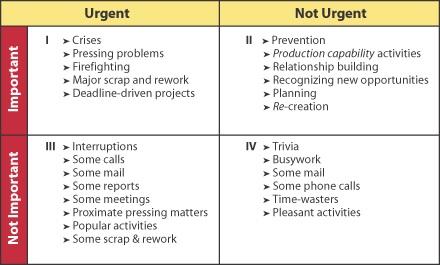I attempt to eschew trivia, to avoid learning things that have little value. By definition, trivia is trivial, so it is desirable to know as little of it as possible. Anything that I have knowledge of that is not useful represents an opportunity cost of foregone useful knowledge. Perhaps winning trivia night should be considered a mark of shame.
I don’t really keep up with the news all that much. Most things are outside of my locus of control. Does it really matter what celebrity did something, or that a tornado just hit a midwest town? Tornadoes will be hitting towns and celebrities will be doing things until the world ends. But knowing this fact allows me to mostly safely abstract away the news. Every now and then I don’t hear about something, but then people are able to fill me in on the details. Following news on a daily, or worse, hourly, basis is a recipe for wasting time and getting little value.
But I think there are times when knowing relatively useless things can be useful. When you know every word to R. Kelly’s Remix to Ignition, or all of the state capitals, or what happened in a small town in Siberia, it can be a way to connect with other people. I think with division of labor there can be a disconnect between the things that we do during the majority of our lives. Trivia and current events are one way of understanding what goes on in the lives of most of the rest of the world. So this is something to keep in mind.
Obviously there are the incidental benefits of having some background knowledge on broader topics. Thinking of knowledge might be similar to tasks in the Covey model. Covey classifies tasks as a 2x2 matrix of valuable / not valuable, and urgent / non-urgent:

We may think of knowledge in the same terms. Seeking to acquire only as much urgent information as is necessary, and trying to lean toward useful information as much as possible. Avoiding non-urgent and non-useful information at all costs. This seems like a good heuristic for evaluting knowledge and the opportunity cost.
I suppose some sort of meta-news would be useful. Various magazines and articles purport to do this, but are typically biased on some way. Basically I just want relatively unadorned and important facts that are presented when a subject is stable enough to write in detail about.